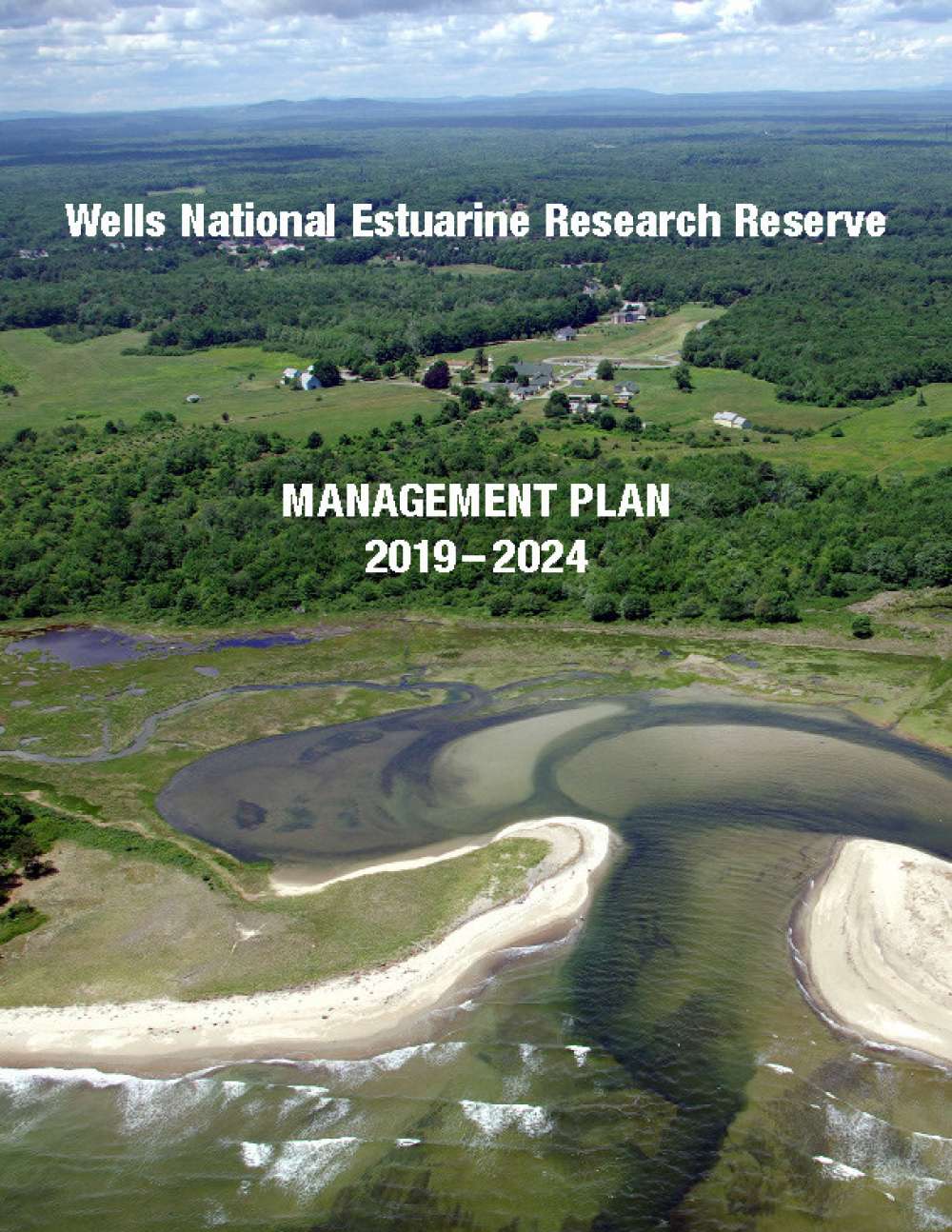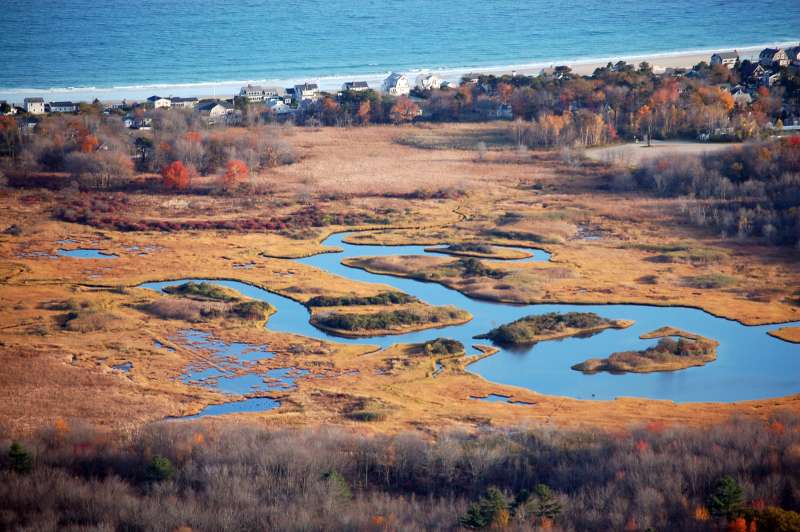Wells Reserve Roles
The Wells Reserve is responsible for the upkeep and improvement of the farm buildings and campus grounds, the trails and boardwalks, the Maine Coastal Ecology Center, the Forest Learning Shelter, and the Alheim Commons. The Wells Reserve manages the woodlands and wetlands, the dunes and grasslands, the flora and fauna. The Wells Reserve operates programs in coastal research and monitoring, environmental learning and decision-maker training, and land and water resource management.
Mission
To understand, protect, and restore coastal ecosystems of the Gulf of Maine through integrated research, stewardship, environmental learning, and community partnerships.
Oversight
The Wells Reserve is overseen by the Wells Reserve Management Authority (RMA), which was established in 1990 by the Maine legislature. Represented on the RMA are the Maine Bureau of Parks and Lands, the Maine State Planning Office, the Town of Wells, the U.S. Fish and Wildlife Service, the National Oceanic and Atmospheric Administration, and Laudholm Trust. A Governor-appointed scientist also serves on the RMA.
Wells Reserve Management Authority, Board
- Nik Charov, Laudholm Trust — Chair
- Robert Foley, Town of Wells — Treasurer
- David Rodrigues, Maine Department of Agriculture, Conservation and Forestry
- Karl Stromayer, U.S. Fish and Wildlife Service
- Gayle Zydlewski, Ph.D., Maine Sea Grant College Program
- Kathleen Leyden, Maine Coastal Program (ex officio) — Secretary
- Erica Seiden, National Oceanic and Atmospheric Administration (ex officio)
Executive Director
Paul Dest
Additional Resources

- Management Plan 2019-2024 (11 MB; a higher resolution version for printing is available on request)
- Management Plan 2019-2024, without appendices (2.5MB)
- Federal Register Notice of revised management plan approval
- Strategic Plan 2019-2024, summary from management plan
- Rules for Public Use (306 KB)
- Financial Statements FY23
- Financial Statements FY22
- Federal Compliance Audit FY22
- Financial Statements FY21 (3 MB)
- Financial Statements FY20 (5 MB)
- Financial Statements FY19 (2 MB)

